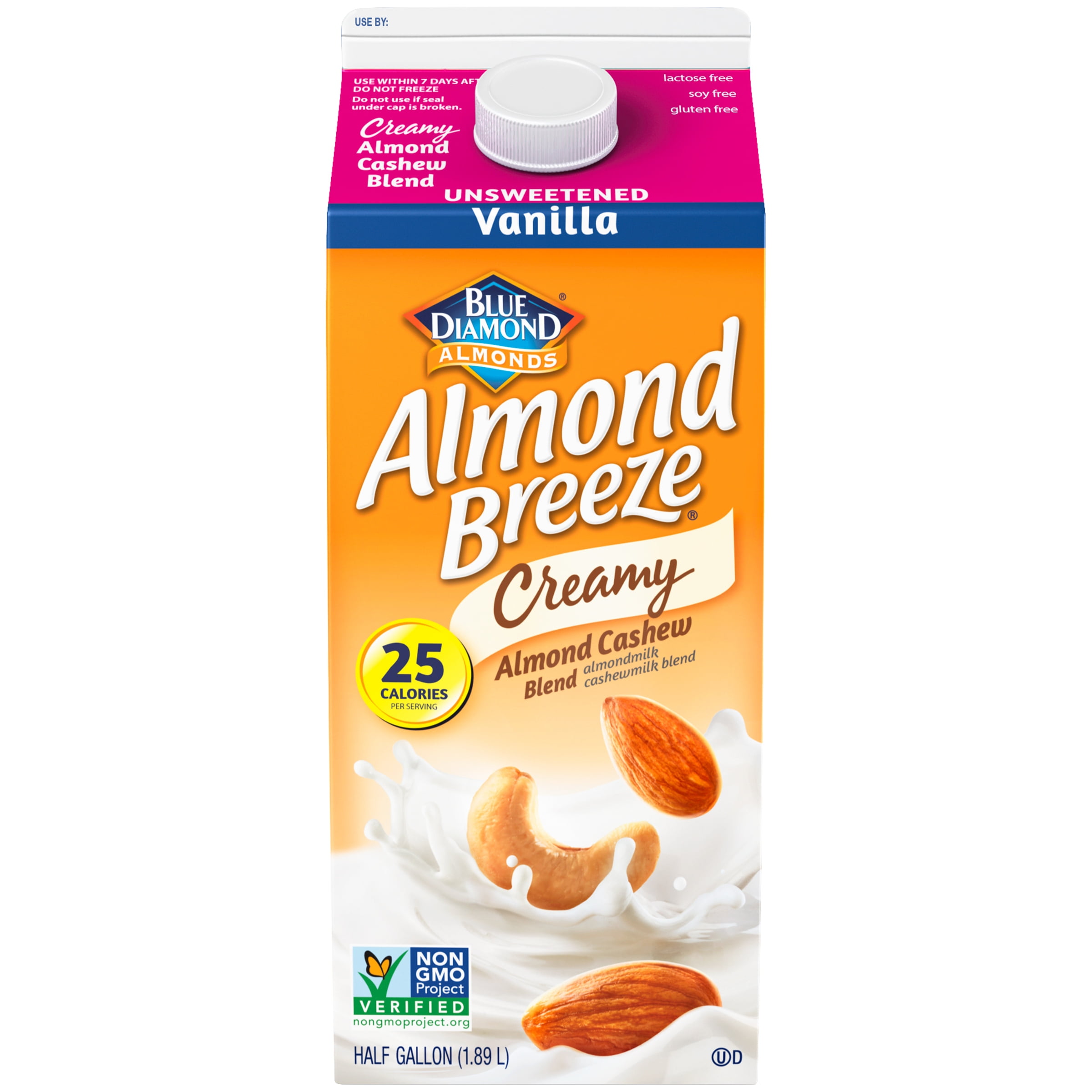

Some are fortified with other vitamins and nutrients. 425 mg)ĭairy-alternative milks tend to have fewer calories, less fat (except for coconut-based milk), more water content (for better hydration), less protein (except soy).

Almond, pea, and flaxseed milk have more calcium than cow milk (560, 560, 450 mg vs.Pea protein milk has more potassium than cow milk (450 vs.All have comparable sodium except coconut, which is much lower (15 mg vs.All are lower in protein except Soybean, Pea, and Flaxseed (9 g, 8g, and 8 g.All are lower in sugar (Most have 25-63% of the fat of cow milk, with the exception of Hemp (8 g).Almond, rice, coconut, hemp, and cashew milk are lower in calories. Oat milk has almost as many calories as cow milk (130 vs.Compared to 1 cup of whole fat, cow milk: Nutritional ComparisonĪ side-by-side comparison of the following plant-based milk alternatives (oat, hazelnut, hemp, coconut, cashew, almond, soybean, rice, pea, flaxseed) showed some interesting ingredient similarities and differences based on nutritional value per 1 cup serving of beverage. The Food and Drug Administration is in the process of offering further regulations to industry on labeling plant-based products with names of dairy foods like “milk,” “yogurt,” or “cheese.” You can weigh in on the name of these beverages in the FDA’s public comment period, as it is currently extended until January 28, 2019. Others have voiced their concerns about calling anything not from animals, “milk”.īeyond sustaining a plant origin, these nut milks have also come under fire because certain brands contain more ingredients than just water and nuts, making them better suited under the classification of a beverage. The Name of the Game is…Milks, Mylks, Malksįirstly, what should these beverages be called? Speaking of milks, have you heard the commotion about what beverages are called when they are made with almonds? “ Almonds don’t lactate” but they do produce milk. ✓ Concerns over antibiotics, pesticides, or hormonesĢ. ✓ Crohns and Colitis or inflammatory bowel syndrome ✓ Don’t like milk, but like creamy taste or need a milk-like product for cooking Reasons People Try a Non-Dairy, Milk-Alternative Here’s an overview of what you need to know about non-dairy, milk-alternative beverages. Whatever the reason, there is quite a variety of dairy milk alternatives to choose from, for purposes as varied as morning coffee, cereal, smoothies, or mashed potatoes. Others may switch from dairy because they like a different taste or texture, or want an additional nutrient that a milk alternative offers. But as a consumer who is curious about cooking, nutrition, and innovative uses for ingredients, seeing non-dairy, plant-based milk alternatives seemingly everywhere I turn makes me curious to know more.įor some individuals, belly and headaches or allergic reactions make a switch from all things dairy to a non-dairy alternative a requisite reality beyond mere curious inquiry or choice. I don’t necessarily need to take milk products out of my diet.


 0 kommentar(er)
0 kommentar(er)
